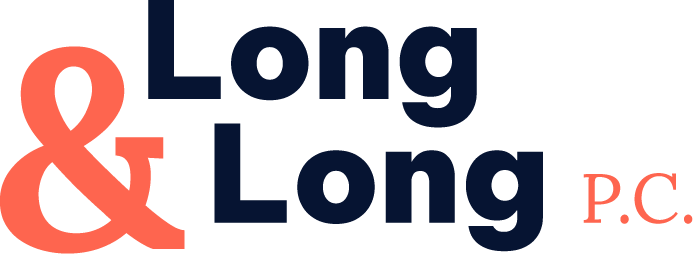Protect Your Assets From Creditors
Chapter 7 Bankruptcy
LEARN ABOUT CHAPTER 7 BANKRUPTCY IN DENVER, CENTENNIAL, LITTLETON, LAKEWOOD, CASTLE ROCK, COLORADO SPRINGS, AURORA, HIGHLANDS RANCH, ENGLEWOOD, THORNTON, BOULDER and BROOMFIELD, COLORADO
Chapter 7 Bankruptcy
Denver Chapter 7 Bankruptcy Attorney

Important Things to Know
Bankruptcy is a word that carries many negative connotations, however Chapter 7 bankruptcy is in fact a solution, rather than a problem. Long & Long P.C. helps both individuals and businesses find relief from debt and take control of their financial futures by taking advantage of the protections afforded under bankruptcy law. Our bankruptcy lawyers work tirelessly for clients–with convenient offices in downtown Denver and at I-25 and Arapahoe in Centennial, Colorado. Contact us today to learn whether chapter 7 bankruptcy would be a reasonable solution for you or your business.
How Chapter 7 Can Work For You
Chapter 7 is designed for debtors facing financial difficulty who do not have the means to pay their existing debts. In many cases, this type of bankruptcy can be triggered by an adverse scenario — like divorce, illness, unemployment, student loans, or an unexpected lawsuit. These circumstances will often lead to assets being seized — which is why it is extremely important to hire an experienced lawyer who can protect your assets. If you meet any of the following criteria, Chapter 7 bankruptcy may be the best solution for you if:
- You are unable to pay high credit card debt or medical bills.
- You have repossession deficiencies on vehicle loans.
- You are losing income because of wage garnishment.
- You are dealing with harassment or threats of lawsuits from creditors.
In Chapter 7 bankruptcy, a trustee will look to gather and sell certain non-exempt assets to pay creditors — in accordance with the provisions of the U.S. Bankruptcy Code. In most cases, you will keep your home and cars, so long as you keep making the monthly payments.
It can be comforting to know that the debtor is allowed to keep certain “exempt” property. As bankruptcy experts, we can evaluate your unique scenario to determine whether your assets are exempt or nonexempt, and ultimately, whether Chapter 7, or another solution would be the best fit. We will also strategize with you to maximize the exempt assets you keep-such as IRAs or other retirement assets.
Chapter 7: For Businesses
There are many scenarios where businesses, too can benefit from Chapter 7. Specifically, chapter 7 applies when a business which can no longer carry on operations and meet its financial obligations. Filing will both wind up operations and put creditors on notice that the business either does not have the assets, or ability to pay its debts. This process can save an insolvent business the time, expense and stress of enduring multiple lawsuits that might otherwise be filed creditors.
Filing chapter 7 as a business can be both involved and complex. A lawyer is critical to assist insolvent businesses with both preparation and filing to petition in the appropriate jurisdiction, along with ensuring all required schedules and statements are accounted for. We also represent our clients through the 341 creditors’ meeting and debtor examination, providing advice and counsel throughout the process. For business owners filing a Chapter 7 consumer bankruptcy, you may be able to keep your business and avoid the bankruptcy of your business.
Contact A Chapter 7 Bankruptcy Lawyer In Denver Today
If you are facing financial difficulties and mounting debt, we can help restore you to positive financial health. Contact Long & Long P.C. today for a free initial consultation to discuss your options under bankruptcy law. In most cases, we can meet with you within 24 hours.
Chapter 7 Bankruptcy FAQs
Let Us Answer Your Questions
Colorado bankruptcy attorneys at Long & Long P.C. serve consumer and business debtors from offices in Downtown Denver and the South Metro Area.
Here, we answer some commonly asked questions about filing for Chapter 7 bankruptcy
